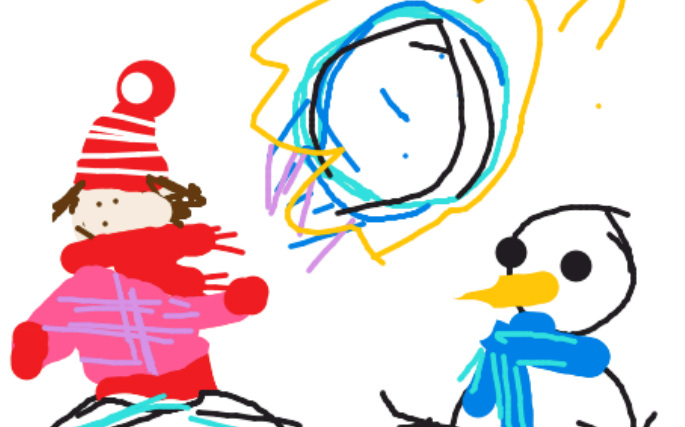|
1/4/2013 1 Comment MINDFULNESS: FAD or RAD?HAPPY NEW YEAR! I hope you managed to get some time off work and spent it with family and/or friends with great laughs, stories and a full belly! Over the break, I had some time to reminisce over what I did last year, and recalled back when I was contracted for a roleplaying part for Habourside Future Leaders for their NRMA Frontline Management training programme. One of the Facilitators mentioned the growing idea of "mindfulness" in the Human Resources and training realm. "Being in the present" was what she said, which is essentially one of the rules of improv (and what ImprovisAsian teaches). Not having thought much more about it as often fads come and go, in the new year, I came across an article in the Telegraph (UK publication) which talks about "mindfulness" and how "...Google, Transport for London, PricewaterhouseCoopers and the Home Office..." and even the US Military and Harvard and Oxford universities are receiving/giving training in it to achieve "mental clarity" (the article can be found HERE). In the article, they even interviewed a "mindfulness training" specialist who said that, "...We are living and working in times of constant change. Change is nothing new. What is new is that the pace of change is accelerating and mindfulness trains us to focus on the moment rather than allowing our attention to be hijacked by thoughts about the past or worries about the future...” According to the article, the technique draws on the breathing exercises commonly used in meditation and yoga, but the aim is to become more aware of thoughts and feelings, in a non-judgmental way. On further research based on trusty Wikipedia though, it seems that the roots stem from Buddhism whereby one is supposed to reach enlightenment. However, as per many things in the commercial world, it gets rebranded into something more marketable. However, let's get back to the essence of "mindfulness". Wikipedia provides a quote which defines "mindfulness" as: "...The first component [of mindfulness] involves the self-regulation of attention so that it is maintained on immediate experience, thereby allowing for increased recognition of mental events in the present moment. The second component involves adopting a particular orientation toward one’s experiences in the present moment, an orientation that is characterized by curiosity, openness, and acceptance..." Or to put it more plainly: BE IN THE "NOW" - which is what Improv is. When I (and other teachers of corporate and educational improv) run a class or workshop, one of the main things taught is to "BE IN THE "NOW"" - don't plan ahead, don't think of the past, don't let your emotions outside of the scene affect you. You're in the scene with your partner right here, right now. You're not checking your phone or thinking what to have for dinner. If you're thinking of other things outside of the scene happening RIGHT NOW, then you won't notice the body language, inflections in language, hidden meanings, etc from your partner. That's what Improv is: being in the moment and giving your partner (be it at work or love) your full attention. So, if you rather not meditate or go through breathing exercises after breathing exercises, maybe it might be better to take up an improv workshop, and learn "mindfulness" in a fun environment. After all, don't we learn faster whilst having fun? IVAN
1 Comment
6/21/2012 0 Comments Being a Leader is NOT like a DuckDo you sometimes feel lost and overwhelmed with work, study or life in general?
Sure, everyone has at least one point in their lives (if you haven't, ask yourself if you're attending to things with maximum drive). In the article (and accompanying video) "The Emotional Adventure of Leadership", the author recalls the feelings of panic, uneasiness, embarressment and inadequacy when he had to lead a group on a mountaineering expedition as an analogy for leadership. Like the consensus, in his mind, he expects that: "Leaders are supposed to have the answers. They're supposed to be confident, self-assured, and knowledgeable. They're supposed to know where they are and where they're going at all times." |


 RSS Feed
RSS Feed

